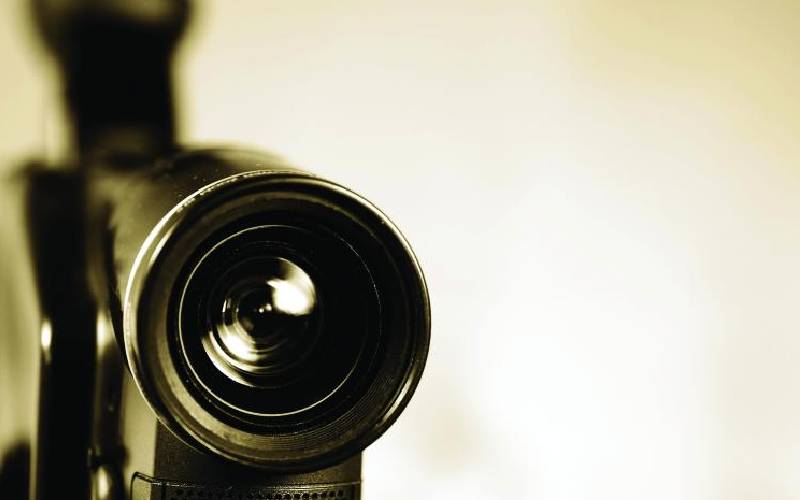×
The Standard e-Paper
Join Thousands Daily

Digital revolution that has led to immense social media power and citizen journalism is a lived reality. [Courtesy]
Ipsita Chakravarty, an Indian journalist, recently told a panel of scribes in the UK that in the wake of threats facing the news media, “we are not alone.”